All gas grills have a BTU rating which is indicated by a number like “35,000 BTU”, “60,000 BTU”, or similar.
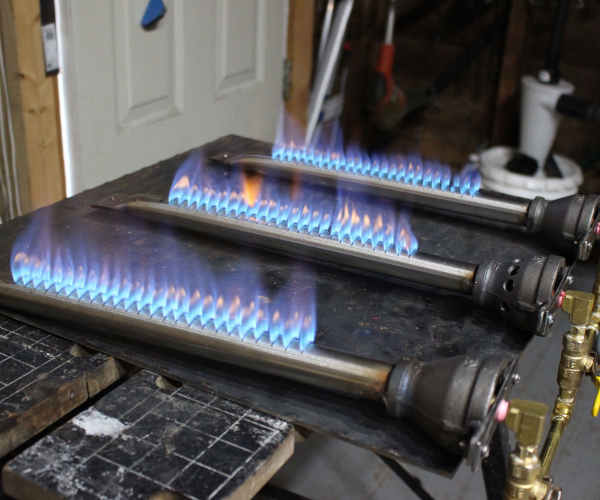
But have you ever asked yourself: “What are BTU’s?”.
Of course you did, that’s why you’re here.
In this grilling guide, I’ll explain in detail:
- What exactly BTU means
- Why is it important when choosing a grill
- How many BTUs do you need on a grill
- Why BTUs aren’t the only factor you need to consider when choosing a grill
As a bonus, I’ll explain how to increase the grill’s BTU rating (for those who still are convinced that bigger is better).
What Does BTU Mean on a Grill?
BTU simply means British Thermal Unit and it is the standard measurement for the amount of heat generated by the grill for every square inch of the cooking area.
Do BTUs Matter for Grills?
To some degree, yes. But you need to realize that many other factors affect the grills’ heat output, like the vents and how well insulated it is.
Also, there isn’t an official standard for manufacturers on how to calculate BTUs for a grill, so there’s a lot of margin for error, both unintentional and intentional.
The BTU of a grill is the maximum output of the main burners.
The rating indicated on the grill does not include the BTU output of the smoker, side burners, and even the sear burner and therefore, you should not be fooled by dubious manufacturers into thinking that a grill is more powerful than it is when they lump all these numbers together.
As I have mentioned earlier in this post, the BTU rating of a grill is the output of the main burners per square inch, and the area specified here is the size of the primary cooking grate.
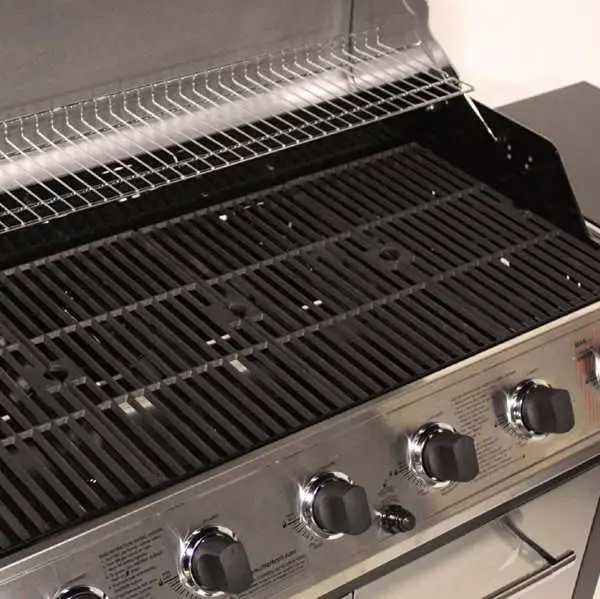
This surface does not include other surfaces such as the prep area and the warming rack.
Some manufacturers may lump the size of all these cooking areas together to try and fool buyers into thinking they’re getting more than actual.
The Power and Efficiency Balance
Is Higher or Lower BTU Better?
A grill that has a high BTU rating does not mean that it is the best and most powerful grill on the market.
One of the reasons why some grills have a high BTU rating is because they are not able to hold the heat properly and need to compensate.
Decent and powerful grills are made of heavy and durable metals that hold the heat. They don’t need a high BTU output to be able to cook your meals effectively.
The Ideal BTU Rating for Grills
So with all the information highlighted above, you are probably wondering what the ideal BTU rating for a grill is.
How Do I Calculate BTU?
Well, in this case, you should go for a grill with a BTU rating in the range of 80 to 100 per square inch. Such a rating was probably low back in the day when grills were built with inferior materials and parts.
Grills nowadays are built effectively with materials that hold heat properly and for a long period of time. That’s why you don’t need a BTU output of more than 100 per square inch.
Charcoal Grill vs Gas Grill BTU
One pound of charcoal produces roughly 10,000 BTUs while propane produces more: 15,000.
What about Infrared Grills?

Infrared grills are not the same as traditional gas and charcoal grills.
The mode of heat transfer for gas and charcoal grills is convection which results in a lot of energy loss. That’s why these grills need a higher BTU rating – to compensate for this loss.
Infrared grills, on the other hand, cook differently – they rely on radiation to cook your meals, a method that results in very little heat loss.
This method is also quite energy efficient as the radiant heat is able to cook from all angles and this reduces cooking times considerably.
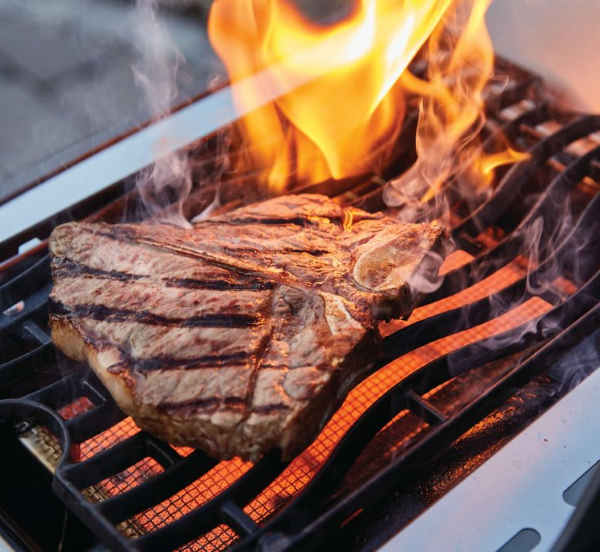
Such grills, therefore, do not need a higher BTU rating.
A BTU output in the range of 60 to 80 per square inch is more than enough.
Does Higher BTU Use More Gas?
That would depend on how effective the grill is.
Infrared grills, as mentioned before, have a (usually) lesser BTU rating than the classic gas grills but can reach higher maximum temperature and heat up faster due to their design, all the while consuming less fuel.
This is a bit counterintuitive, as logic would dictate the higher the BTU, the hotter the burner gets, meaning larger fuel consumption.
This is like comparing cars. Newer models have engines with more horsepower and torque, yet they consume less fuel than those gas-guzzlers made in the 50s.
In the end, it all comes down to efficiency.
Ventilation and BTU
All grills have air vents that contribute to heat loss and the BTU output should be higher.
Grills with bigger vents will lose more heat and the BTU of such grills will usually be higher than normal.
Does Higher BTU Mean More Heat?
As a user, you should not be excited by a higher BTU as it could simply mean that the grill has a bigger vent which is causing a lot of heat loss.
Before you buy a grill, you should, therefore, find out the size of the vent and its relation to the unit’s BTU.
How Do You Increase BTU on a BBQ?
Simple Methods
If you own a grill and you think that it doesn’t have enough BTUs, sell it and buy a model with more BTUs.
The pressure in the propane tank also affects the grill’s BTU output. In this case, either fill up the tank or get yourself a new one.
Not-So-Simple Method
You can try this method on your existing grill, but this voids your warranty and can be dangerous.
Proceed at your own risk.
Increase the orifice size by drilling out a larger hole with small drill bits.
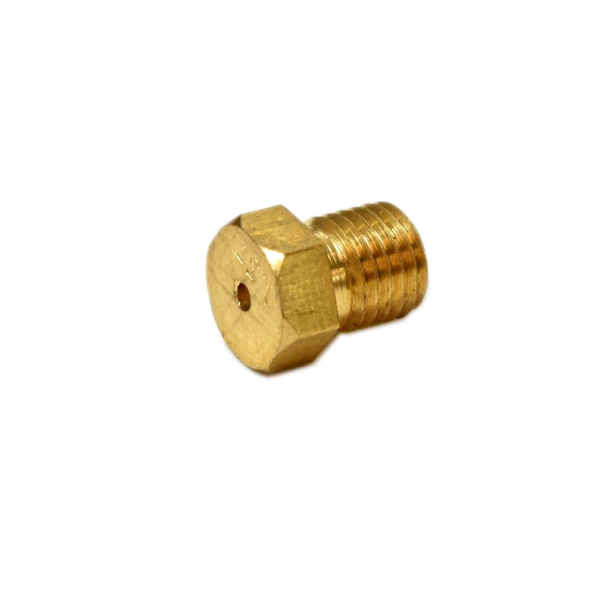
Conclusion
Now you know what does BTU mean on a grill.
The BTU of a grill is an important factor to consider that will help you make the best decision when buying a grill.
Do you already own a grill? How much BTU does it have?


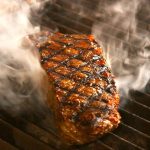
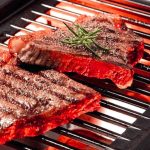

Be the first to comment